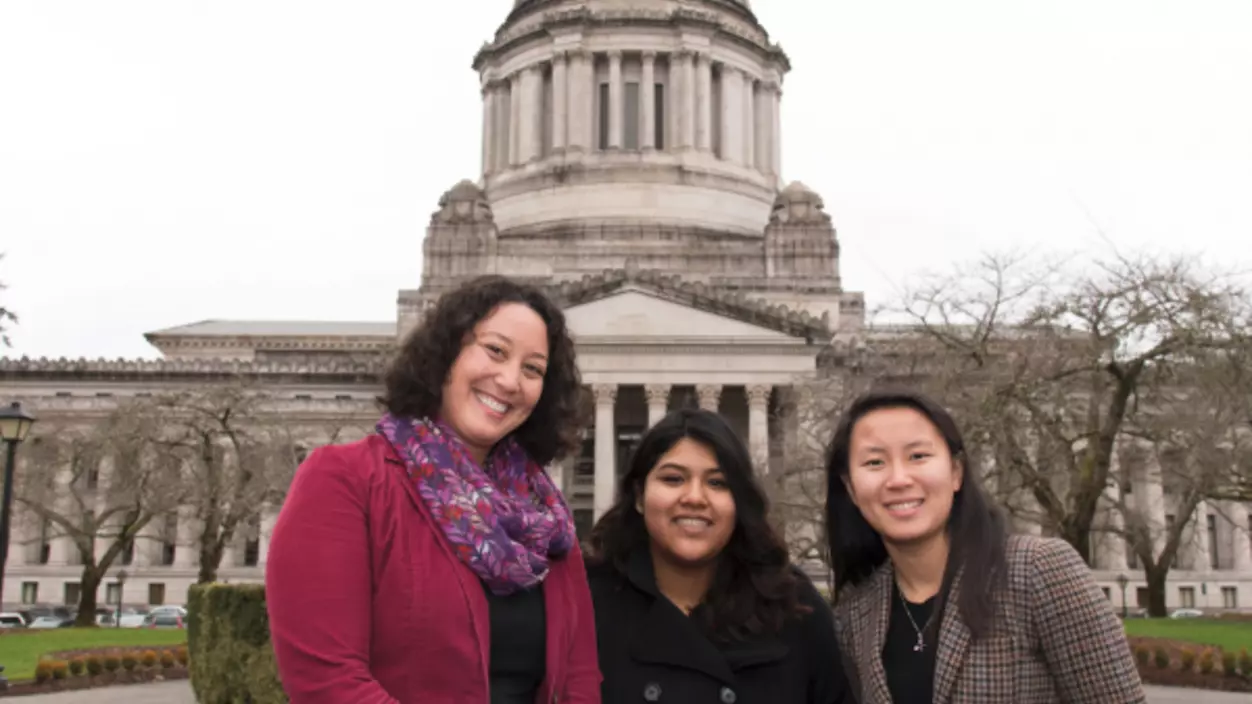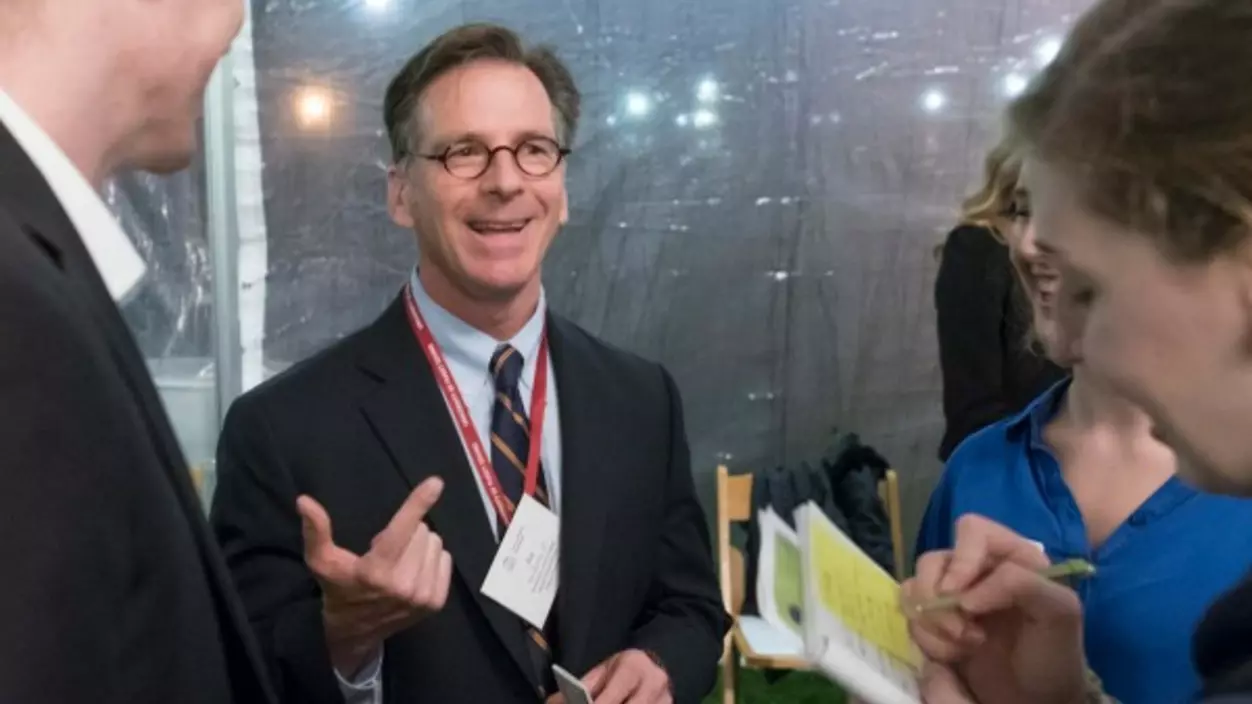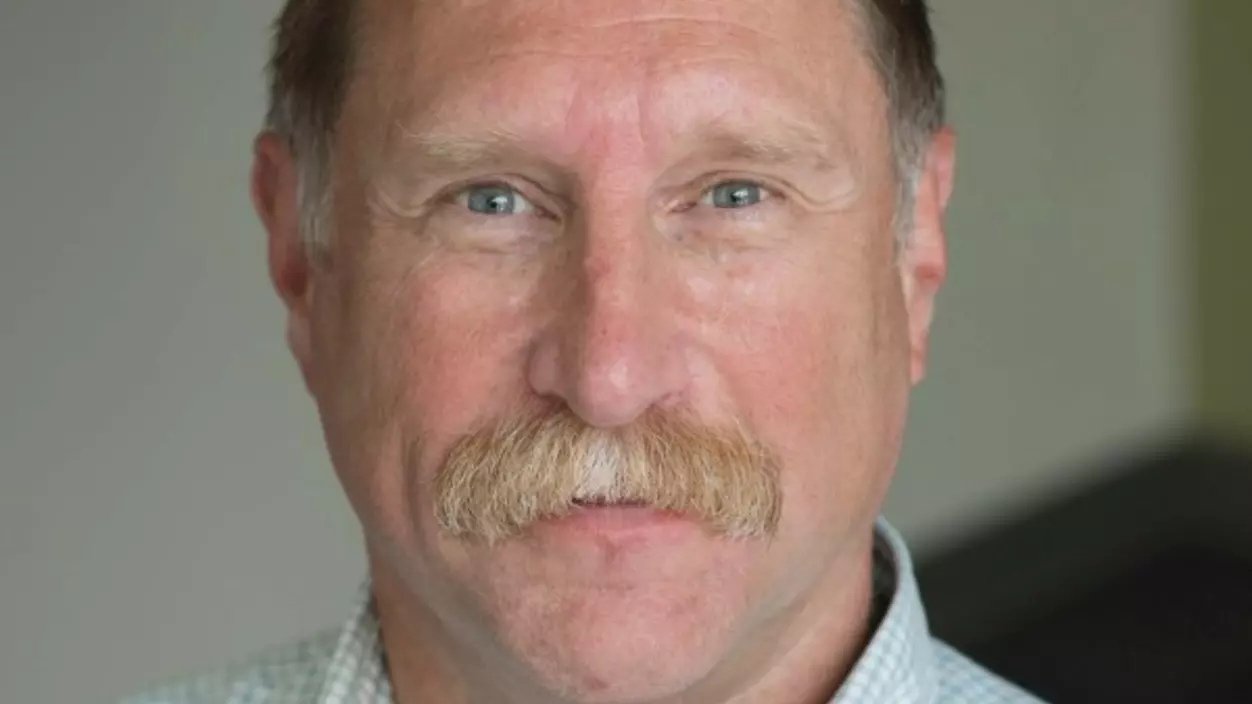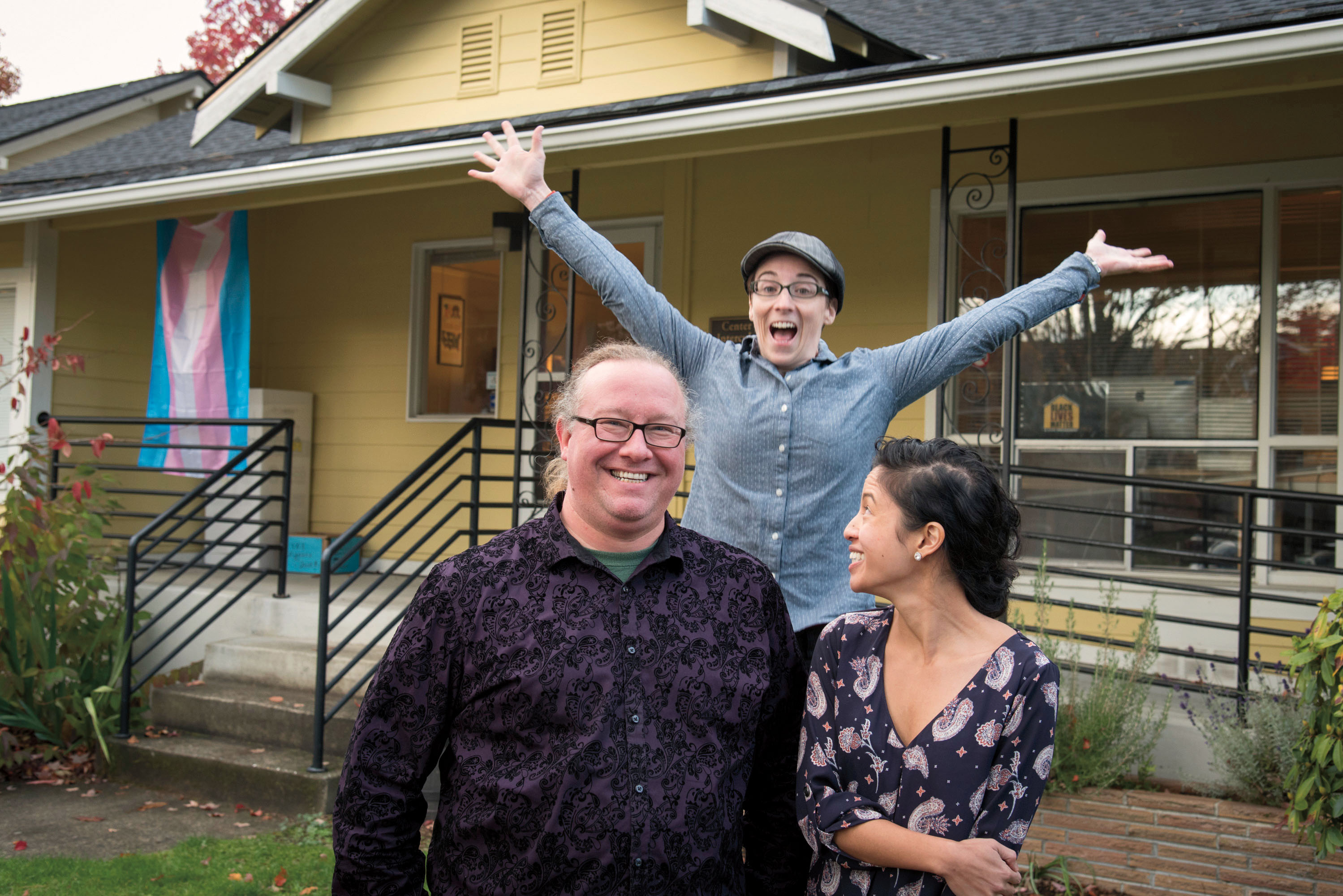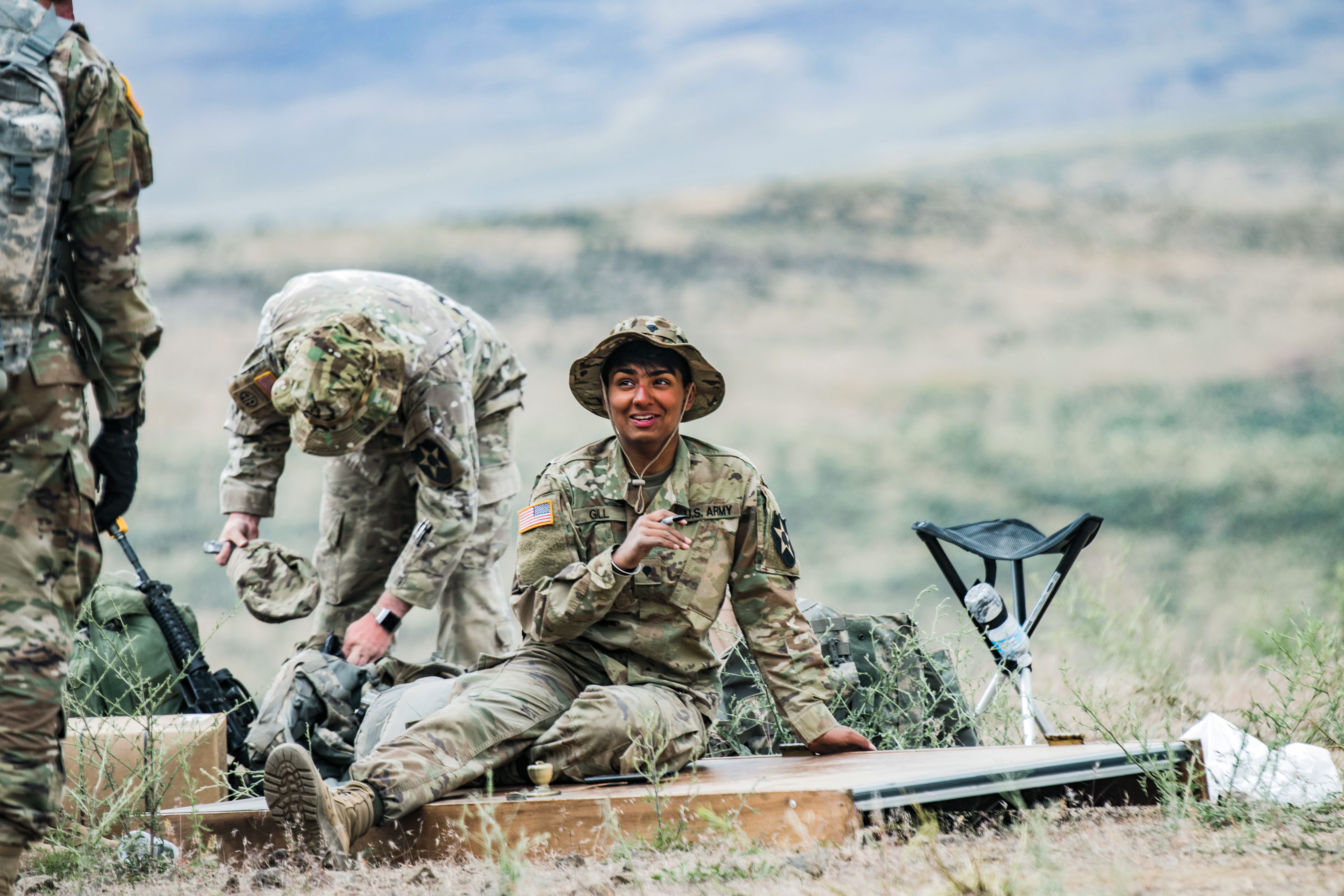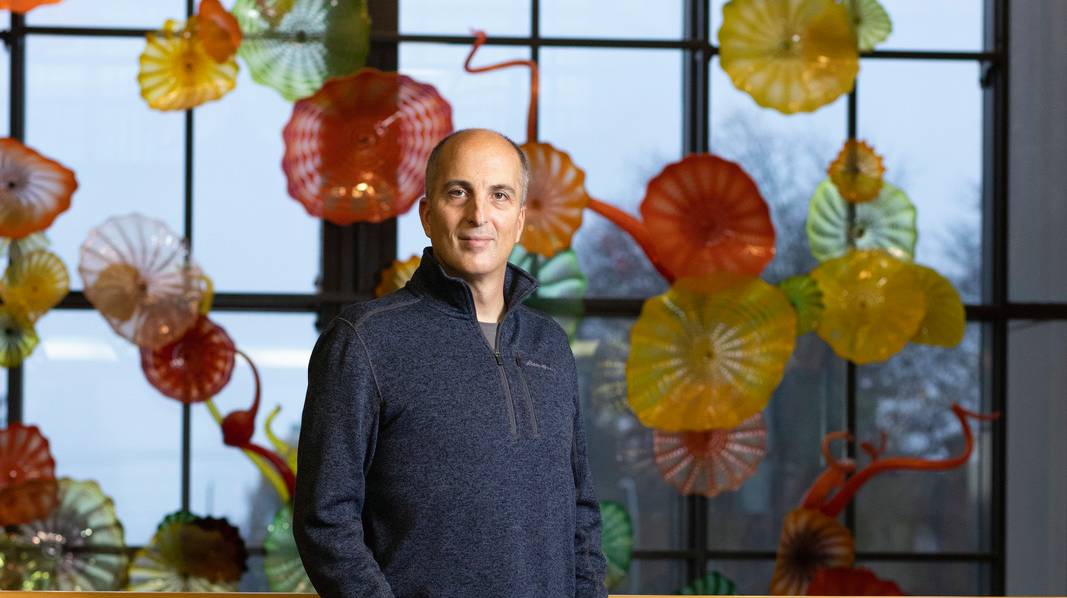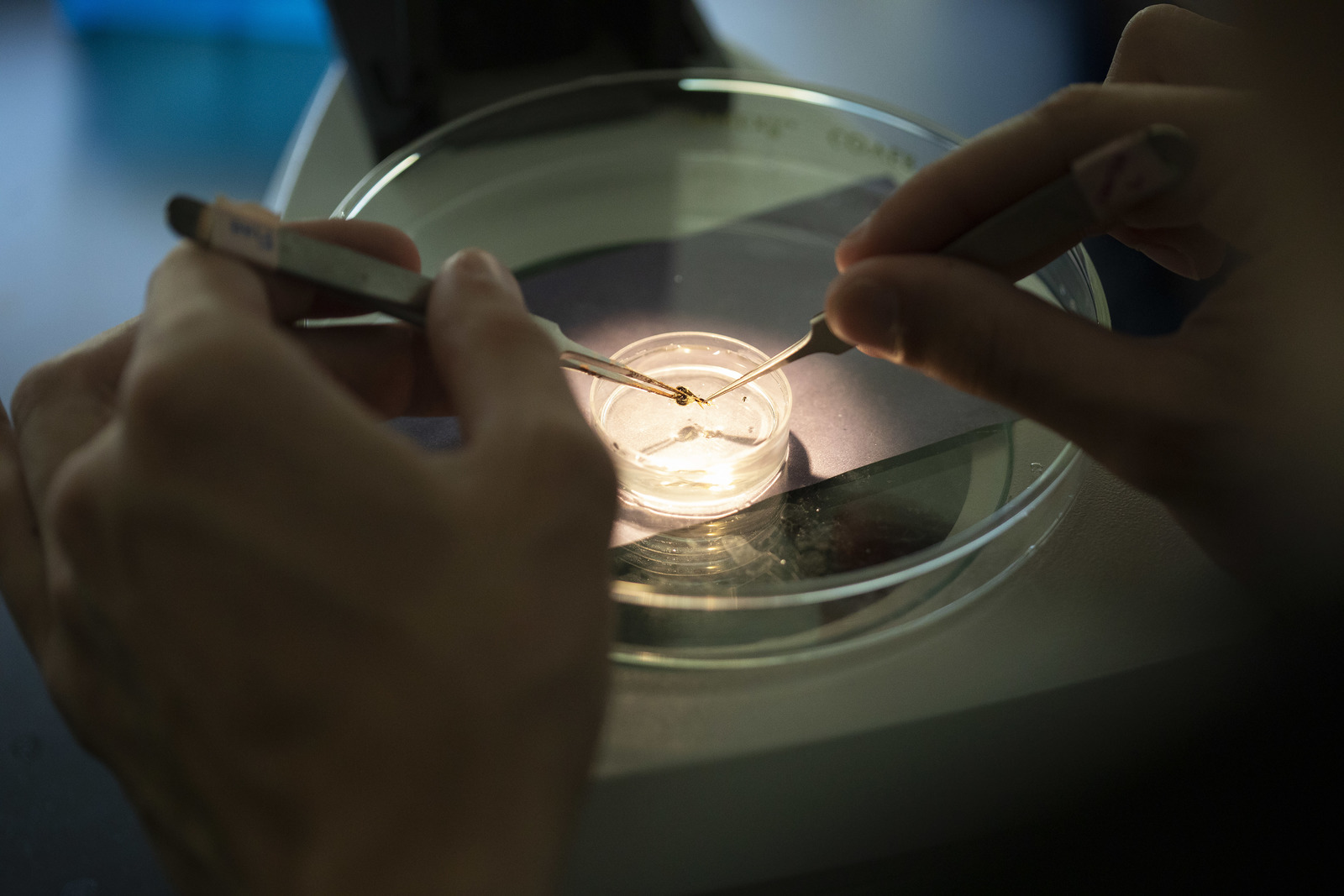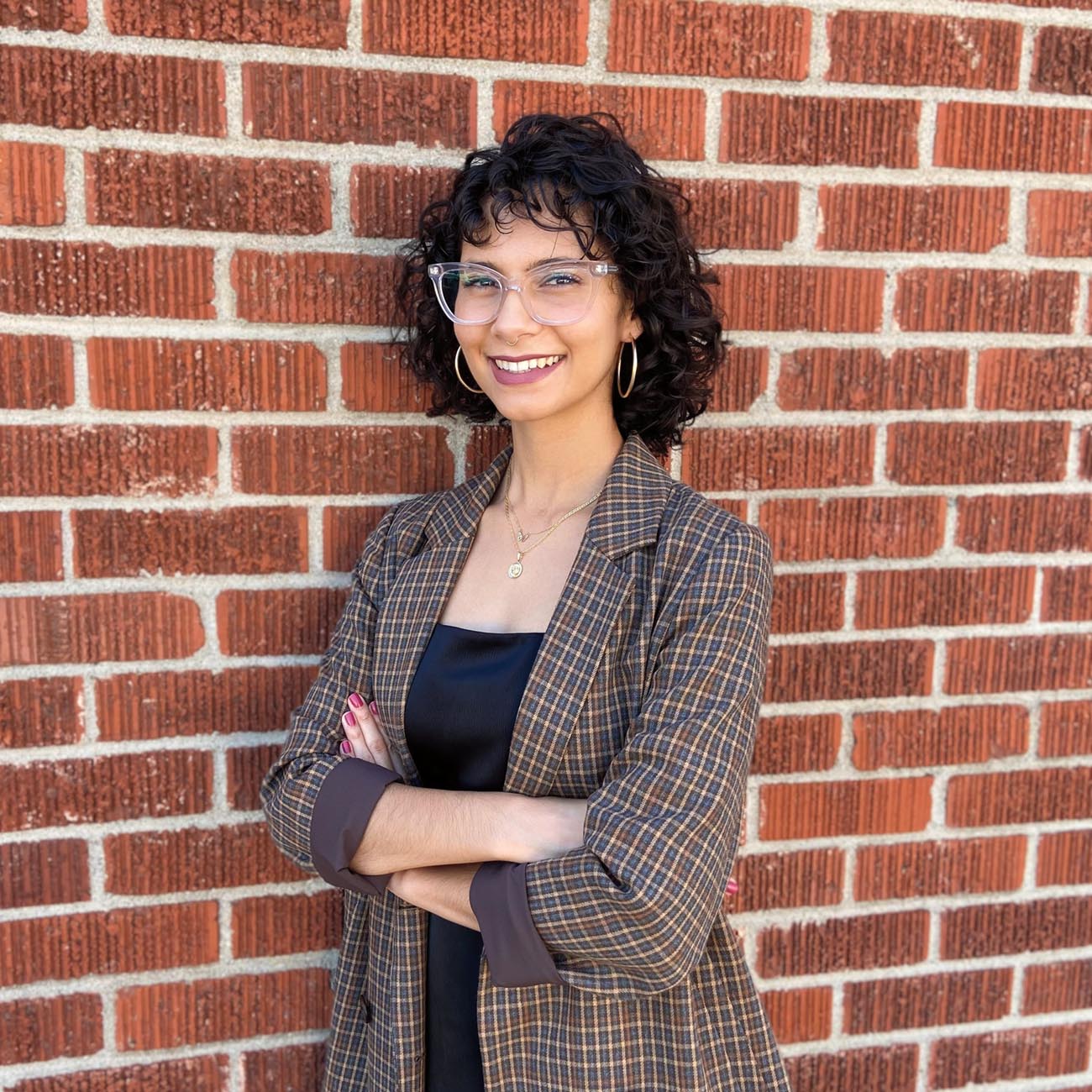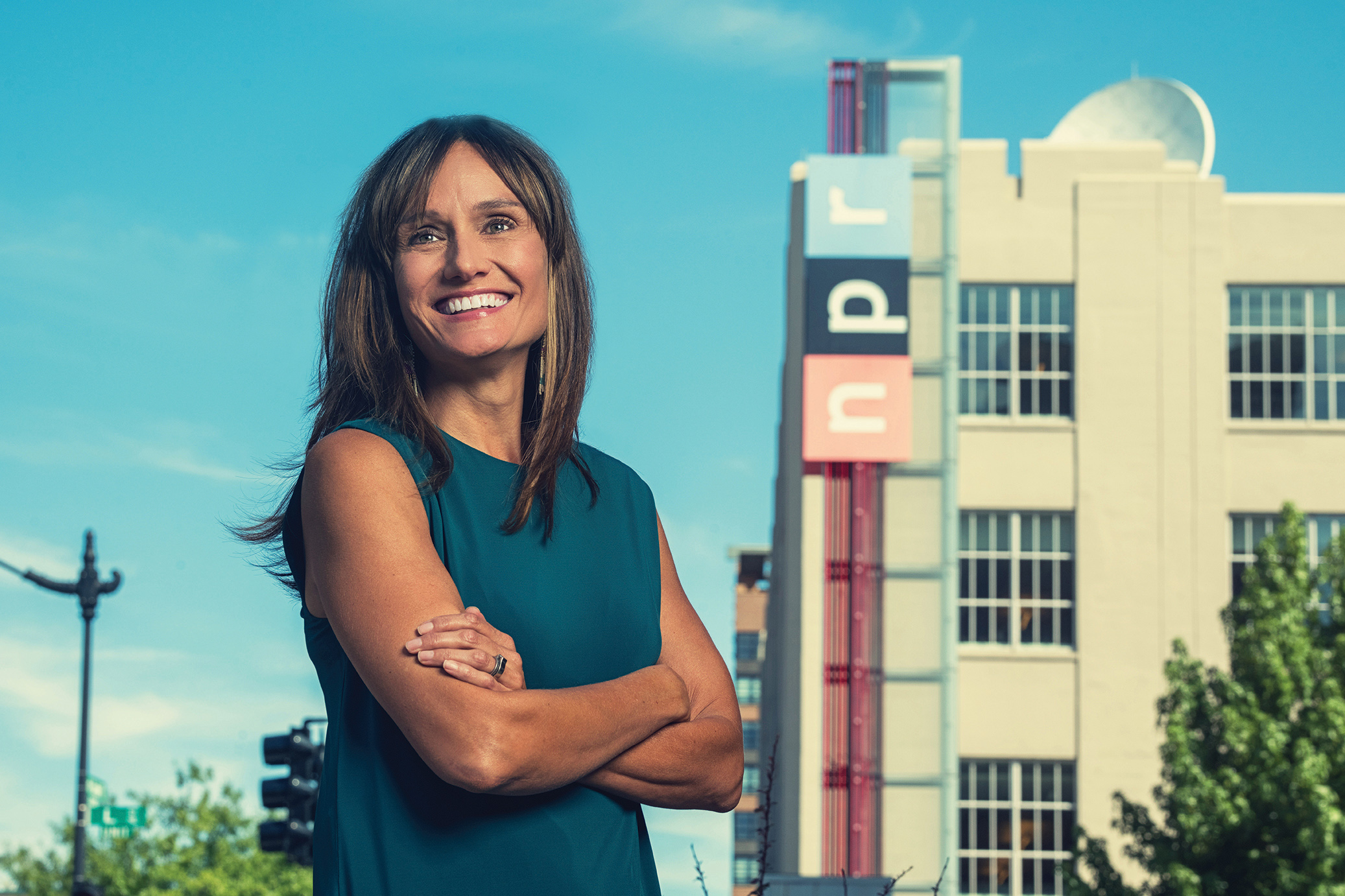That’s just the approach that Tom’s latest mentee, Thavy Thach ’19, was looking for. He and Tom were paired up when the mathematics and computer science department started a pilot mentorship program. When they first met in Thomas Hall in early 2017, they had a long talk about careers, college, and other shared interests, and they agreed on a process.
“Tom doesn’t want to make me into someone who will do everything the way he has,” Thavy says.
Tom cautions against going beyond mentorship and turning a mentee into something of a protégé. “Mentors don’t exist to make mini-me’s,” he says. “The trap to me is that it invites ego, it invites claiming someone else’s success. If I’m claiming a mentee’s success, then I’ve done something wrong.”
Thavy studied in Budapest during fall semester and plans to be in New Zealand during the spring. He’s been busy seeking out additional mentors wherever he goes. “He is just one self-propelled machine,” Tom marvels. “He’s just looking for guardrails.”
Tom has defined boundaries around his role as a mentor. “If you solve problems for them, it’s like you’re the parent doing the sixth-grader’s homework for them,” he says. “That doesn’t make a better student; it doesn’t make a better mentor. The whole point here is that you are helping them identify gaps in skills or gaps in understanding, but they’re the ones who are going to fill that gap.”
It was John Riegsecker, professor emeritus of mathematics and computer science, who may have instilled that ethic in Tom, who once called John when he had a problem he didn’t think he could begin to tackle. “He literally said, ‘Don’t ever call me again with a problem that you haven’t even tried to solve,’” Tom says. “It was like a major kick in the keister.”
Tom’s other rule is that “mentors don’t chase.” He says, “What we are here for is to be an additional resource with industry experience and to provide guardrails, be a sounding board, provide feedback,” adding that the relationship should go on as long as the mentee finds it useful. “It could be for their entire lives, or it could be for a year.”
As a result of his experience with Tom, Thavy is an enthusiastic booster of mentorship. “I’ve found it tremendously helpful and appreciate the mentee process,” he says.
Thavy advises other students: “You should go for all the advice you can get about all the things you want to do in the world. Always go to your mentor first. They’re not going to chase you; you should chase them. That’s how this relationship should work.”
Interested in becoming a mentor to a Puget Sound student? The Alumni Council would be happy to hear from you! Call Haley Harshaw in the alumni office at 253.879.3451.

